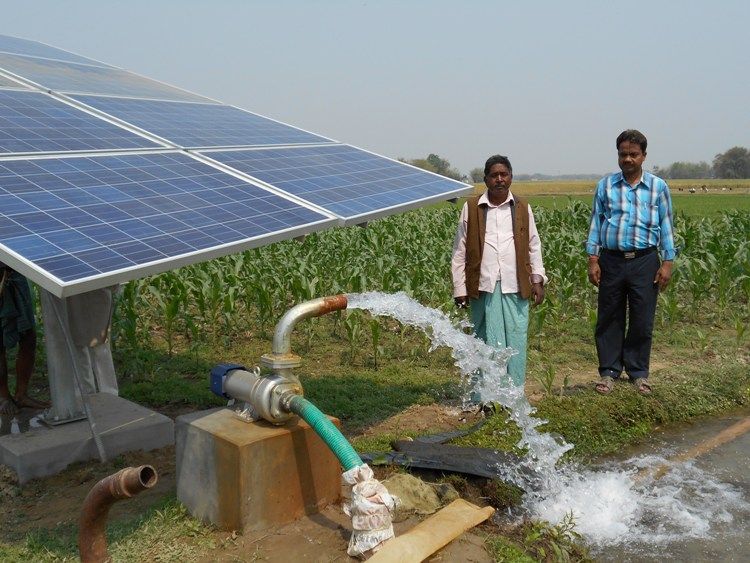A coalition of national governments, aid agencies, corporations and private funding organizations last month awarded $12.9 million worth of grants to 13 clean energy innovations targeting emerging market agriculture.
This is the second round for the Powering Agriculture: An Energy Grand Challenge for Development (PAEGC) program, which aims to identify and support new and sustainable innovations that are developing and deploying clean energy solutions for agriculture in developing countries.
PAEGC is funded by The United States Agency for International Development (USAID), the Government of Sweden (SIDA), the Government of Germany (BMZ), Duke Energy Corporation, and the United States Overseas Private Investment Corporation (OPIC) after they pledged a total of $47.1 million to the initiative in 2012. The program is scheduled to run until 2019.
The 13 innovations that won funding were chosen from 871 applicants, of which 60 percent were based in developing countries.
SunCulture, a company, creating solar-powered irrigation kits for smallholder farmers across several African countries, received the largest grant at $2 million.
Receiving just a few dollars less was Futurepump, a Kenyan business also creating a solar-powered irrigation business.
Other successful innovations included SimGas Tanzania, which is using biogas to chill milk produced by East African dairy farmers with the aim of doubling their income, and Village Infrastructure Angels, a business building solar-powered agro-processing power stations across Asia.
As well as receiving funding, the 13 companies received a week of training and acceleration before the innovator showcase on November 20 in Washington DC.
Conducted by VentureWell, with Investors’ Circle, this week of training involved a series of workshops aimed at helping innovators scale-up their strategies by identifying distribution channels, marketing plans and creating a clear timeline for short and long-term goals. The training week also helped the companies increase their investment preparedness.
VentureWell will continue its relationship with the innovators and provide additional mentorship, according to a spokesperson.
PAEGC goes further than supporting innovations that applied for grant funding, and next February is launching a free online course on sustainable energy for food in cooperation with TH Köln – University of Applied Sciences. The course will introduce approaches for sustainably providing energy throughout all stages of agricultural value chains.
The initiative has also recently published a report that its funders and partners wrote with the Food and Agriculture Association called Opportunities For Agri-Food Chains To Become Energy-Smart.
The report aims to assist actors along the value chain, policy-makers, and other stakeholders in the agri-food industry to reduce their dependence on fossil fuels, reduce related greenhouse gas emissions, and to help them become more resilient to possible future climate change impacts.
You can download it here.
Have news or tips? Email [email protected]





